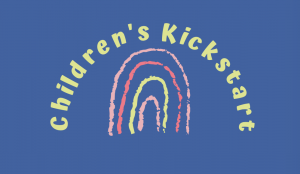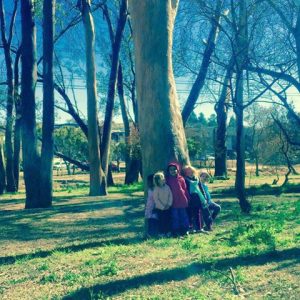Category Archives: Inspiring
Why Gratitude is important
Written by Julia Gorham What you value in life, increases in value. What you appreciate in life, begins to appreciate. Appreciate your good health, your family, your friends, those memorable moments and your life. You will see the blessings in … Continue reading
The Rewards Of Teaching Young Children
Written by Julia Gorham When I followed my ultimate passion with teaching young children it was the best reward; and what a privilege and honour to be part of a child’s life. I hope that I will leave … Continue reading
My garden – a Place of Heaven filled with Special Memories
Written by Julia Gorham “I grow plants for many reasons: to please my eye or to please my soul, to challenge the elements or to challenge my patience, for novelty or for nostalgia, but mostly for the joy in … Continue reading
Pets Complete Our Families
Written by Julia Gorham For most of us, our best childhood memories are growing up with our beloved cats or dogs. A great addition to any family, is the gift of giving your child a dog or cat . … Continue reading
The value of play for young children
By Julia Gorham “Children need the freedom and time to play. Play is not a luxury. Play is a necessity.” Kay Redfield Jamison. Play is the most valuable way that that children learn. Play allows children to use their … Continue reading
The importance of nature for Preschoolers
As the owner and teacher at a preschool located in a country setting, I have observed the benefits and wonders of nature for Preschoolers. Children who experience nature and an outdoor learning environment will find this contributes to their healthy … Continue reading
The importance of art for Pre-Schoolers
Written by Julia Gorham Children are naturally curious. From the minute they gain control of their limbs, they work to put themselves out into the world to see how it all works. They explore, observe and imitate, trying to … Continue reading
Art and your child
Your children will gain useful life skills through creating art, so encourage them to get creative! Your child will gain the following skills just by having fun! Communication Skills: When a child draws a picture, he/she is beginning to communicate … Continue reading
Raising children
A basic goal for most families is to raise healthy children who will one day become independent adults. In a healthy family, parents work to accomplish this task by assuming responsibility for their children’s emotional and physical needs. Over time, … Continue reading
Living an Intelligent Life
If you live intelligently, you leave as little of your happiness to chance as possible. You know life doesn’t always work out and sometimes the world can be a tough place. You do your best to control the … Continue reading



